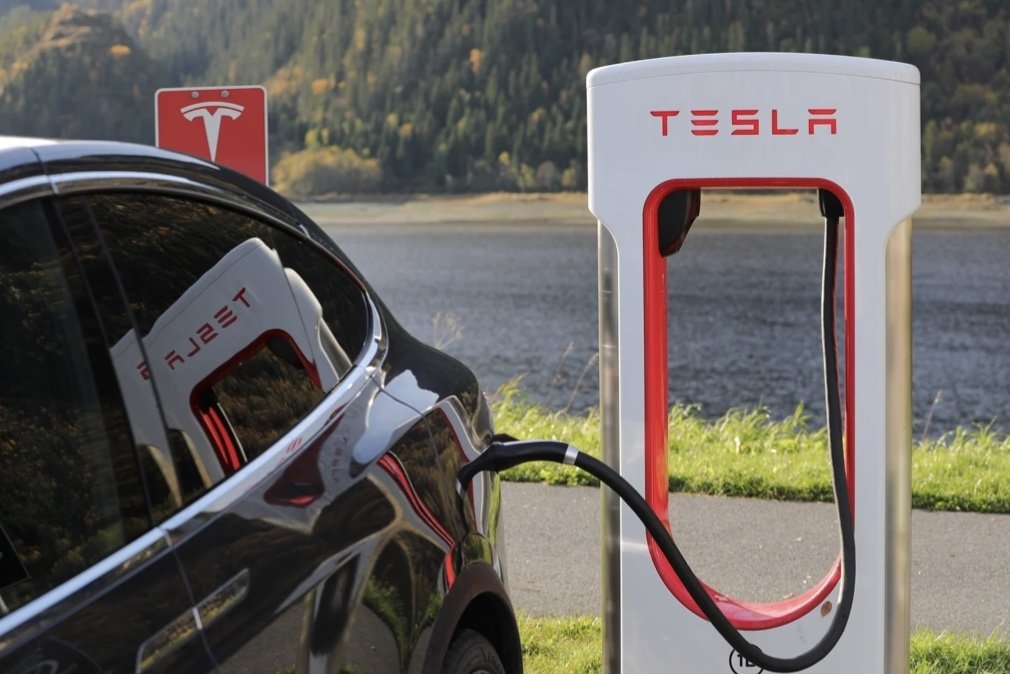How The Budget Impacts The Cost Of Motoring

We’ve all felt the effects of the recent price rises, from basic food essentials to the housing market – it’s been hard to miss.
This cloud of financial uncertainty has left many drivers also concerned about the rising cost of motoring.
To compound anxieties, the Bank of England raised interest rates by a further 0.5% yesterday, taking the base rate to 3.5%. The move was the ninth rise since last December, against a backdrop that has seen rates increase from 0.1% in December 2021.
So, what does this mean for motorists, and how will this affect their car finance deals?
Interest rates explained:
An interest rate is the amount you’re charged when you borrow money. For example, if you take out a bank loan or finance your car, you are charged an additional amount for borrowing this money
How will this impact car prices?
It’s no surprise that car prices have also risen pre-pandemic and are now higher than previous figures.
So, if you’re in the market for a new car, be wary that the overall purchase cost might actually be higher than anticipated.
Will this affect finance deals?
Autotrader have reported that this increase has effectively led many consumers to consider purchasing their next vehicle with a finance deal – around 43% more on pre-pandemic levels!
However, this rise in interest rates will ultimately cause the annual percentage rate (APR) on car finance to increase too.
If you currently have a fixed interest rate, you will be one of the lucky ones exempt from a monthly price rise, as car finance agreements use fixed interest rates which stay the same for a set period of time. Yet it’s important to double check in case your fixed rate period is nearing an end.
The car dealership reported that the annual percentage rate on new car finance grew by +3.3% year-on-year, since the last interest rate rise.
Compared to the APR on used car finance, interest rates only grew by +1.4% year-on-year. This has effectively caused up to 45% of used car sales now being purchased on finance.
The value of your car
However, there is some good news to follow, millions of car owners across the UK may find that their vehicle is worth much more than they expect…and lucky motorists may find that it is now worth more than they originally paid.
If you’re interested in seeing how much your car is currently worth, you can get a valuation through our partnership with the car selling platform Motorway.com. Just visit our sell a car section and enter your registration number.
Fuel Duty and the price of petrol and diesel
Motorists have also enjoyed a recent easing in the price of petrol and diesel, which according to the RAC now stands at around £1.54 per litre for standard unleaded and £177 for diesel (December 2022). After reaching a peak of £1.91 per litre for unleaded and £1.99 in July 2022.
Part of the reason for the softening in price, was the Spring Budget announcement of a temporary 5p per litre reduction in fuel duty. The cut, introduced by then Chancellor Rishi Sunak to help hard-pressed motorists, was the first-time fuel duty had been changed in 13-years.
How long this temporary reduction will remain in place is now the big question. Its’ lack of mention in last November’s budget, suggests the cut could be in borrowed time, with a likely return to previous excise levels in next Spring’s budget statement.
The impact on Electric Car Drivers
While the growing legion of electric car drivers could take comfort against their exposure to the inflationary and budgetary pressures of petrol and diesel, last November’s budget dealt a telling blow.
In a bid to make a “fairer tax” system for all drivers, Chancellor Jeremy Hunt announced that from 2025 Electric Vehicle drivers will no longer be exempt from Vehicle Excise Duty (VED).
He also revealed that the Energy Price Guarantee cap for a typical household will increase from next April, impacting the cost to home-charge an electric car.
Digging into the detail, these measures will hit EV drivers to varying measures:
· Older electric cars registered before April 2017 will pay £20 in VED from April 2025
· Previously exempt Hybrids (and small petrol and diesel cars) that emit less 100g/km of CO2 will also have to pay £20 in VED as they shift from the category A tax-banding to category B
· EVs registered between 1 April 2017 and 30 March 2025 will have to pay the same standard rate of VED as petrol and diesel cars, £165.
· New models registered from 1 April 2025 will pay £10 VED for their first 12-months, a so-called “showroom tax”, before increasing to the “standard rate” of excise – currently £165 per annum.
· From 2025, buyers of Electric Vehicles costing more than £40,0000 will qualify for an additional “Expensive Car Supplement” supplement of £355 per year. A tax for which they are currently exempt. Put simply, a £40-grand EV will incur an annual VED charge of £520, comprising the £165 standard rate and the £355 additional levy.
Helping with the cost of motoring
While we’re living through challenging times, MotorEasy are always looking for ways to help motorists save on the cost of car ownership. If you haven’t done so already, log-in to your MotorEasy account to explore our growing range of MotorEasy and partner discounts.
We also offer a highly competitive service plan to help motorists beat inflation by locking in the price of servicing over a two or three-year period. Cheaper than buying an annual service, our plans help you cover the costs through easy monthly payments that can also include your MOT.





